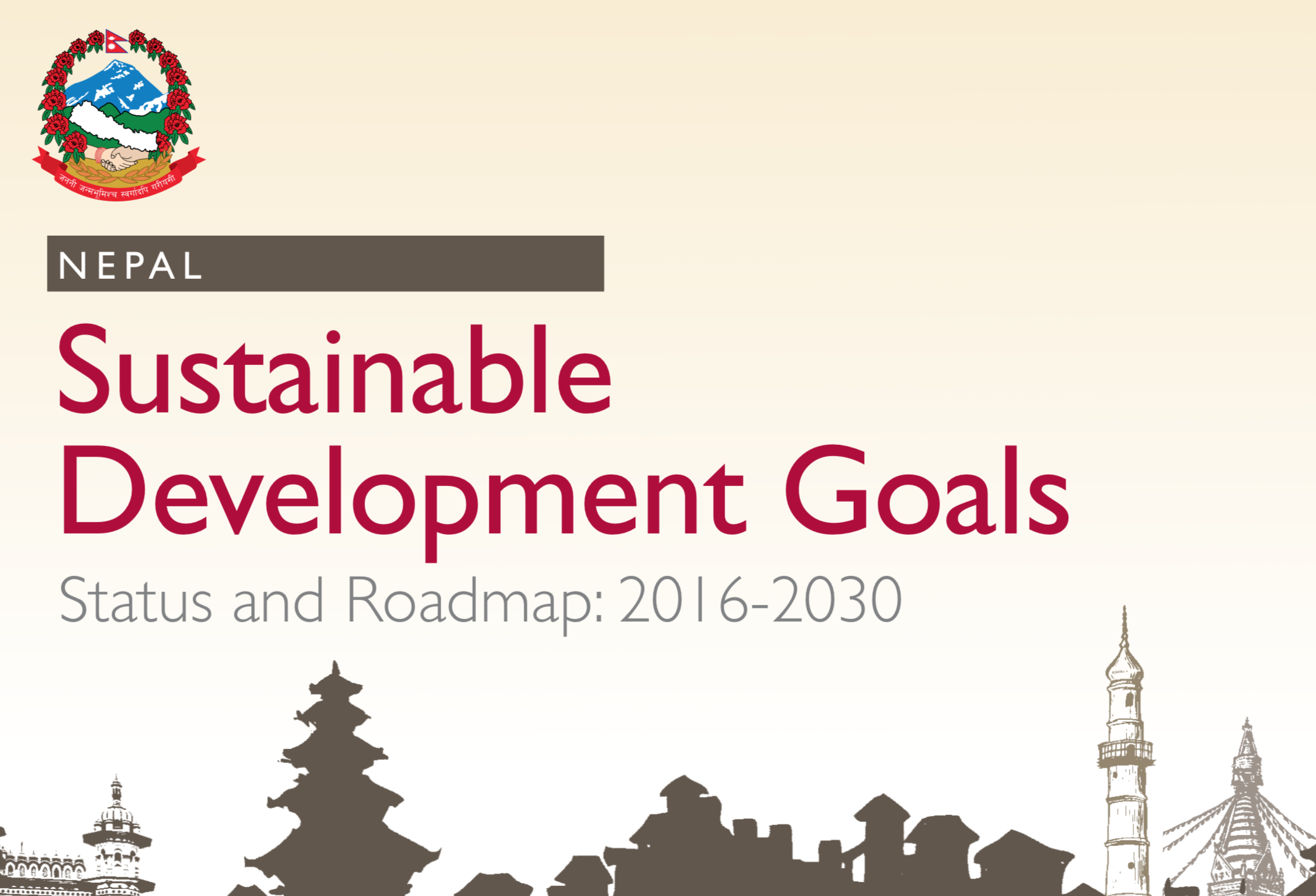According to the National Planning Commission (NPC), Nepal will have to invest around 49 percent of gross domestic product (GDP) during the period from 2016 to 2030 in order to achieve Sustainable Development Goals (SDGs).
The commission said in a report that Nepal will have to invest an estimated 17 billion U.S. dollar annually to achieve the SDGs.
Why it matters:
- Sustainable Development Goals (SDGs) are a follow-up on the Millennium Development Goals (MDGs) which expired in 2015. They are a set of 17 goals and 169 targets covering a broad range of sustainable development issues, including ending poverty and hunger, good health, quality education, and inclusive and sustainable consumption patterns among others.
- The government’s revenue and private sector investment will not be sufficient to attain SDGs by 2030, and therefore will require a huge amount of foreign aid, which will raise country’s dependence on Overseas Development Assistance (ODA).
The details:
- Nepal’s public sector is expected to contribute 55 percent of the total investment required while the private sector is expected to contribute around 21 percent of the investment.
- The households, cooperatives, non-government organizations are expected to contribute remaining amount.
- Most of the public investment will go to poverty reduction, followed by agriculture, health, education, gender, water and sanitation, transport infrastructure, climate action, and governance.
- The private sector is expected to invest more heavily in industry, energy, physical infrastructure, housing, urban infrastructure, and tourism.
- This investment, which hovers around Rs. 973.5 billion per year, is around 76 % of the government’s budget for the current fiscal year.
By the numbers:
According to the NPC report, in order to meet the SDGs,
- The private sector is expected to contribute around Rs. 382 billion per year
- Households are expected to contribute around Rs. 88.5 billion per year.
- NGOs are expected to mobilize about Rs. 20 billion per year.
According to the report:
- Nepal will have to fork out about Rs. 1,770 billion per year till 2030, or around 68 percent of the last fiscal year’s gross domestic product (GDP), to attain the SDGs.
- During MDGs era, it was easy to earmark a larger percentage o the government budget for basic social services. But for SDGs, it is difficult, and perhaps not credible, to switch resources from economic sectors to social sectors, as the former is as important as the latter in the menu of SDGs.
- While higher amounts of Overseas Development Assistance (ODA) are needed to bridge the financing gap, no distinction should be made between funding capital and recurrent costs through ODA, since the country cannot afford to fully fund recurrent expenditures which account for a large share of total cost in health, education, and agriculture, among others.
- A substantial increase in domestic resource mobilization by the government will still be insufficient to finance SDG investment requirements in the medium run.
The Latest
-
Yamaha Blue Fest Kicks Off in Kathmandu: Exchange Any Bike with Exciting OffersHIGHLIGHTS Yamaha Nepal kicked off the Yamaha Blue Fest with exciting offers on bikes and…
-
Redmi A5 Arriving Soon in Nepal: Lowest in Price, Highest in Refresh RateHIGHLIGHTS Redmi A5 4G price in Nepal could be Rs. 11,999 (3/64GB) and Rs. 13,999…
-
Crossfire RMZ 250 Dirt Bike Officially Launched in Nepal: What’s New?HIGHLIGHTS Crossfire RMZ 250 price in Nepal is Rs. 8.59 Lakhs. RMZ 250 is the…









